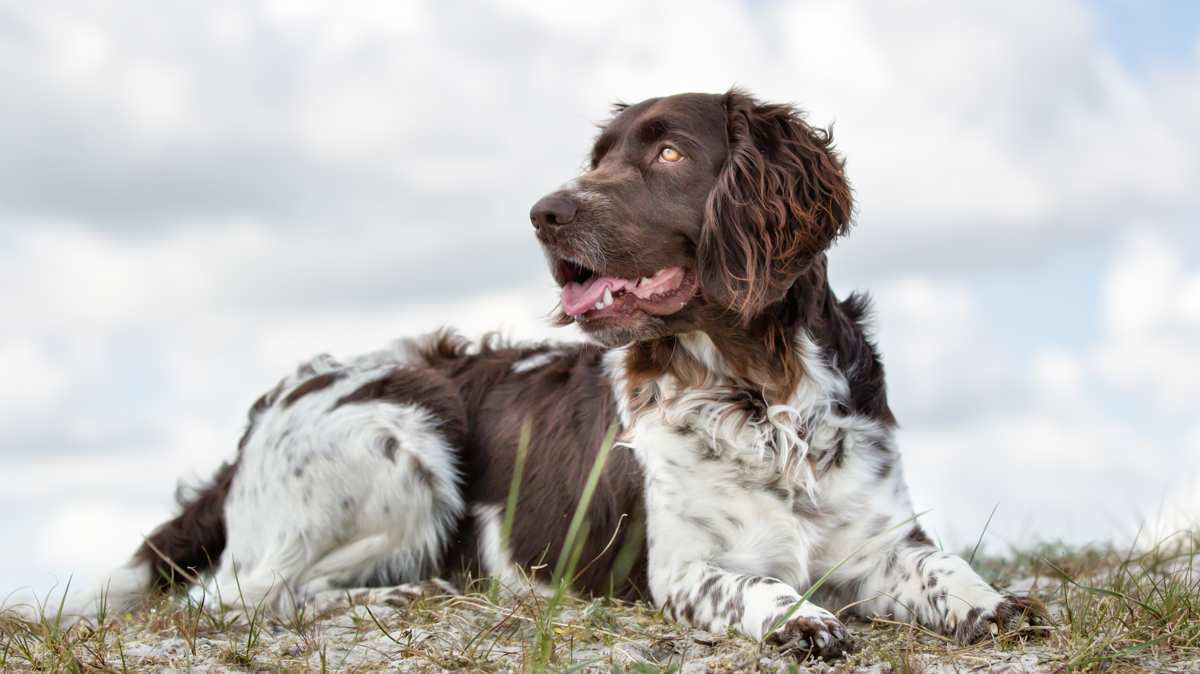Munsterlander Breed Details
The Small Munsterlander is a highly skilled hunting dog. They are not recommended for first-time dog owners. They are great for experienced hunting dog owners, families with kids and other dogs, and homes where they have a purpose other than being a companion.
These dogs have a lot of abilities, but they also require a lot of responsibilities:
PROS
- Courageous
- Love to swim
- Fast runners
- Great with kids
- Very intelligent
- Highly versatile
- Remarkably loyal
- Extremely devoted
- Strong pack instincts
- Little-to-no doggy odor
- Few genetic health concerns
- Supremely gifted hunting dog
- Perfect for very active lifestyles
- Easily trainable with the right person
CONS
- Highly dominant
- Moderate shedders
- Occasional barking
- Requires a lot of attention
- Must be trained very early on
- Socialization is a life-long duty
- Expensive to adopt and maintain
- Needs an extraordinary amount of exercise
- Can quickly and easily get separation anxiety
